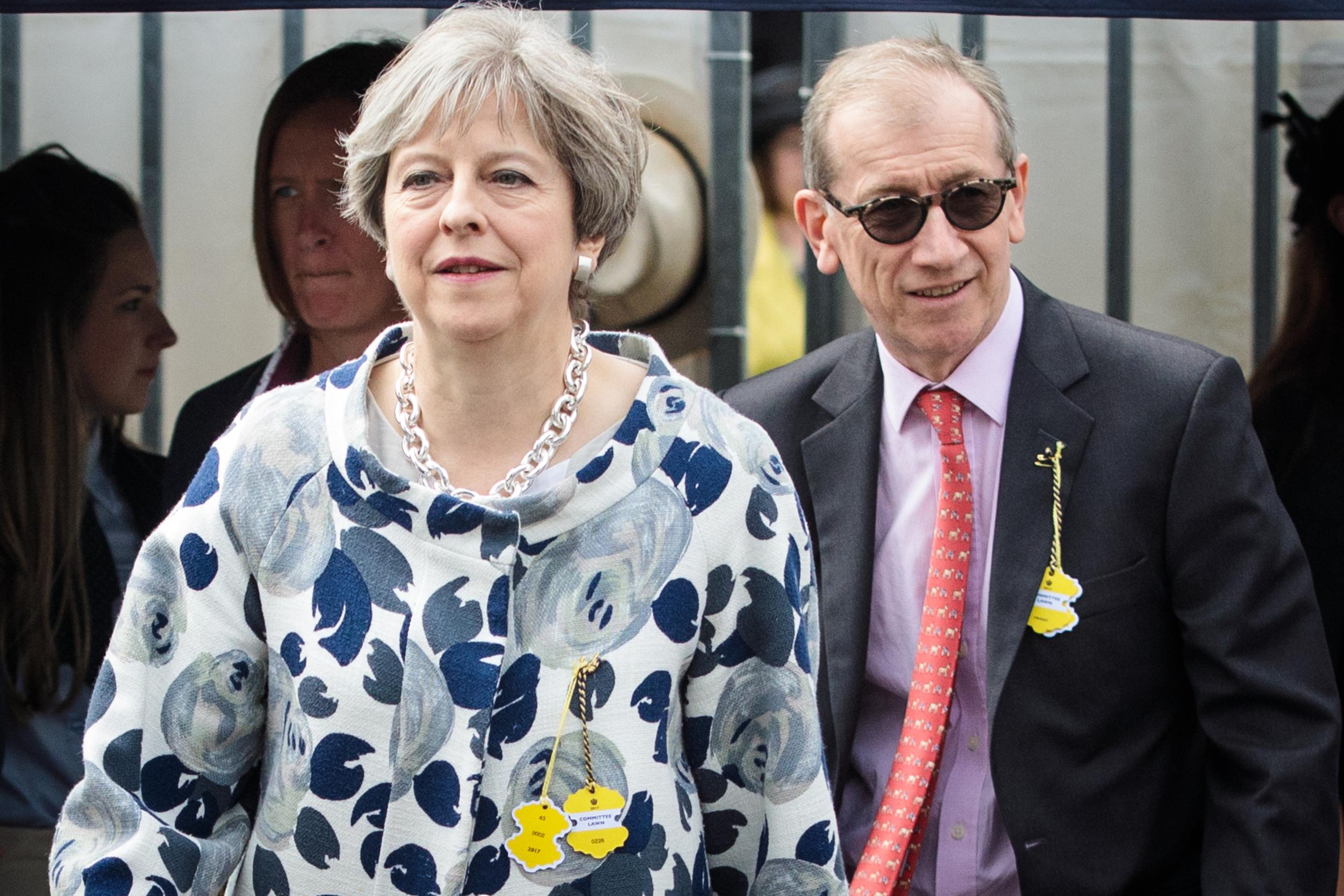Doctors, nurses and soldiers are unlikely to see a pay rise until April 2018 at earliest, Downing Street has signalled.
A Number 10 spokesman highlighted that pay rates for the professions for the current financial year have already been set at a below inflation capped level.
The comments from Theresa May's official spokesman comes after a string of cabinet ministers indicated the cap should be reviewed.
Only the Chancellor Philip Hammond could intervene to boost take home pay for doctors nurses and armed forces personnel before then, with the autumn statement later this year a potential moment for an announcement.
But Mr Hammond is wary of large extra spending commitments, with the government still promising to abolish the deficit by the mid-2020s.
The No10 spokesman said: "The position is exactly as it was set out last week, in that there are pay review bodies reporting.
"We have responded to some, and we will respond to others in due course, as is normal later this year."
Asked whether it would be open to the Chancellor retrospectively to reopen decisions taken earlier this year, the PM's spokesman replied: "These are the settlements for 2017/18."
Salary review bodies relating to teachers, police and senior civil servants are set to report later this month, with the Government promising to listen to their recommendations.
Increasing public sector pay would boost the earnings of 5.1 million workers, including 1.6 million in the NHS and 1.5 million in public education, according to the Institute For Fiscal Studies. It is likely to cost billions of pounds.
On Monday Boris Johnson became the latest senior figure to argue the one per cent ceiling on wage rises must be lifted after seven hard years, in the wake of the Conservatives’ election disaster.
The Foreign Secretary joined Michael Gove, the Environment Secretary, and Health Secretary Jeremy Hunt in pressing openly for change – without waiting for the autumn Budget.
In a Sunday broadcast interview, Mr Gove said it is the Government's "collective view" to "respect the integrity" of pay review bodies and suggested he was "suppressing" his own opinion on austerity.
In March, the NHS pay review body highlighted "widespread concerns" about recruitment, retention and motivation among employers and staff and said "we are approaching the point when the current pay policy will require some modification, and greater flexibility, within the NHS".
Conservative MP Maria Caulfield, a former nurse, said she had found the pay cap "extremely difficult" and most nurses worked extra shifts to make ends meet.
She told BBC Radio 4's Today programme: "It's a difficult, stressful, responsible job and if people aren't paid enough so they can make ends meet they will go and do something else.
"I think there is resentment building and not just in nursing, but across the public sector, that frontline staff have carried these services for the last seven years and if there is no recognition of that and no pay coming forward to recognise that then that's when the resentment builds," she added.
Tory former work and pensions secretary Stephen Crabb said Ms Caulfield had made a "compelling" case for a pay hike.
But Conservative former chancellor Lord Lamont said it was wrong for Cabinet ministers to "gang up" on Mr Hammond.
He told Today: "I think it is making his position, which is always very difficult, very very awkward indeed."
The Tory peer said austerity was "just another word for living within ones means".
"It's not really austerity," he added.
"People are talking about austerity as though it were an issue of too many repeats on television or they had got tired of watching Poldark and wanted a better programme
"This is not a choice. It is unavoidable that we have restraint on public spending."
Subscribe to Independent Premium to bookmark this article
Want to bookmark your favourite articles and stories to read or reference later? Start your Independent Premium subscription today.


Join our commenting forum
Join thought-provoking conversations, follow other Independent readers and see their replies